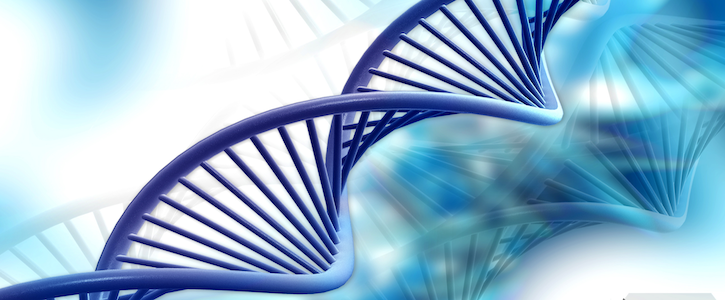FDA Recognizes First Ever Public Database for Genetic Variants
The database could decrease clinician and researcher burden.

This image has been altered. Courtesy of zketch/Adobe Stock.
Today the U.S. Food and Drug Administration (FDA) formally recognized the first publicly available human genetic variant database, the Clinical Genome Resource (ClinGen) consortium’s ClinGen Expert Curated Human Genetic Data, which could open new doors for researchers, clinicians and med-tech startups.
Typically, genetic data are not collected and stored in a way that is accessible to most researchers and clinicians. In April 2018, the FDA issued a guidance to accelerate the development of genetic tests, aiming to promote data sharing and clarify how test developers can rely on clinical evidence from public databases to support claims for their tests. The idea is that they won’t need to generate their own data.
>> READ: CRISPR Baby Outrage Grows, Fueling Calls for Prosecution, Bans
By using the database, genetic test developers can confirm that their tests are clinically valid, which can be used to support their applications for marketing authorizations with the FDA.
“The new recognition means developers will not need to demonstrate to the FDA the reliability of the database, the data and information within which can be used to support the relationship between a gene variation and a specific disease that are within the scope of the recognition,” the FDA said in a release.
The data can be accessed through ClinVar, an archive funded and maintained by the National Institutes of Health (NIH), and developers may use the data to support clinical claims for their diagnostic tests.
According to another FDA release, the goal of ClinGen is to bring clinical and research experts together to develop a standard reviewing process for data on gene variants and their connections to health and disease.
Francis S. Collins, M.D., Ph.D., NIH director, said that ClinGen will facilitate the development and implementation of genetics for use by healthcare professionals. This is important for moving science into practice, he added.
By looking at a person’s DNA, genetic tests can detect genomic variations that may determine whether a person has or is at risk of developing a genetic disease. As such, genetic tests can help inform treatment decisions and advance how clinicians and researchers learn about diseases, how innovators develop treatments and how doctors improve patient care.
“Use of a publicly accessible database may help reduce regulatory burdens on test developers and spur advancements in the evaluation and implementation of precision medicine,” the FDA said.
Get the best insights in healthcare analytics directly to your inbox.
Related
Forensic Genealogy Is Neat. Is It Ethical, Though?
Lost in the CRISPR Hype, a Gene-Editing Giant Is Fighting Back
Telehealth faces a looming deadline in Washington | Healthy Bottom Line podcast
February 12th 2025Once again, the clock is ticking on waivers for telemedicine and hospital-at-home programs. Kyle Zebley of the American Telemedicine Association talks about the push on Congress and the White House.